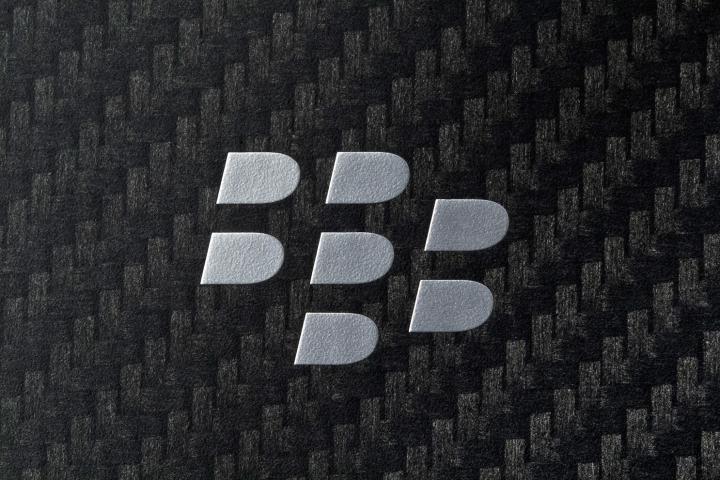
It looks like BlackBerry may have a buyer. The troubled mobile maker announced Monday it had signed a letter of intent to sell to a consortium led by Fairfax Financial – currently its largest shareholder with around 10 percent of the company – in a deal worth $4.7 billion.
BlackBerry said earlier this month it was keen to get the company sold off by November, with recent bad news concerning job cuts and a grim financial forecast making the matter all the more urgent.
However, the deal with Toronto-based Fairfax is not yet signed and sealed, with a diligence period in effect until November 4. In the intervening weeks, BlackBerry “is permitted to actively solicit, receive, evaluate and potentially enter into negotiations with parties that offer alternative proposals”, the mobile company said in a statement.
The proposed takeover involves Fairfax offering $9 a share to buy the 90 percent portion of the company it doesn’t currently own. Shares in BlackBerry are currently going for $8.82, a million miles from the $148 peak in June 2008 when the Waterloo, Ontario company led the mobile market.
Competing offer ‘unlikely’
Global Securities strategist Elvis Picardo told Reuters he believes a competing buyout offer seems “quite unlikely”.
“The miniscule premium, and the muted market reaction, is another indication that the market views the odds of a competing bid as slim,” Picardo said.
Fairfax chairman and CEO Prem Watsa is going all out to seal the deal, saying, “We believe this transaction will open an exciting new private chapter for BlackBerry, its customers, carriers and employees. We can deliver immediate value to shareholders, while we continue the execution of a long-term strategy in a private company with a focus on delivering superior and secure enterprise solutions to BlackBerry customers around the world.”
Niche supplier?
Morningstar analyst Brian Colello said that taking the company private would give it a chance to sort itself out away from marketplace distractions.
“The benefit to this sort of takeover is the ability for BlackBerry and the consortium to reinvent the company without public scrutiny,” Colello told the BBC, adding that the company could emerge as a “niche supplier of highly-secured phones to enterprise customers and governments” while also focusing on efforts to bolster its mobile device management and IT services business.
News of the Fairfax offer comes just days after BlackBerry announced its intention to lay off 4,500 workers – 40 percent of its global workforce – and revealed it will likely report a quarterly loss of around a billion dollars in its next financial report.
BlackBerry’s share of the mobile market, which once stood at more than 50 percent in the US but now languishes at around 3 percent, began to fall away around six years ago with the arrival of Apple’s iPhone. While BlackBerry failed to offer consumers anything new, Android devices like Samsung’s popular Galaxy S handsets stepped in, serving to further erode the Canadian company’s user base. The launch of an all-new mobile operating system and new handsets earlier this year appears to have been a case of too little too late, as Microsoft’s Windows Phone platform begins to establish itself as the third major player in the smartphone market.


